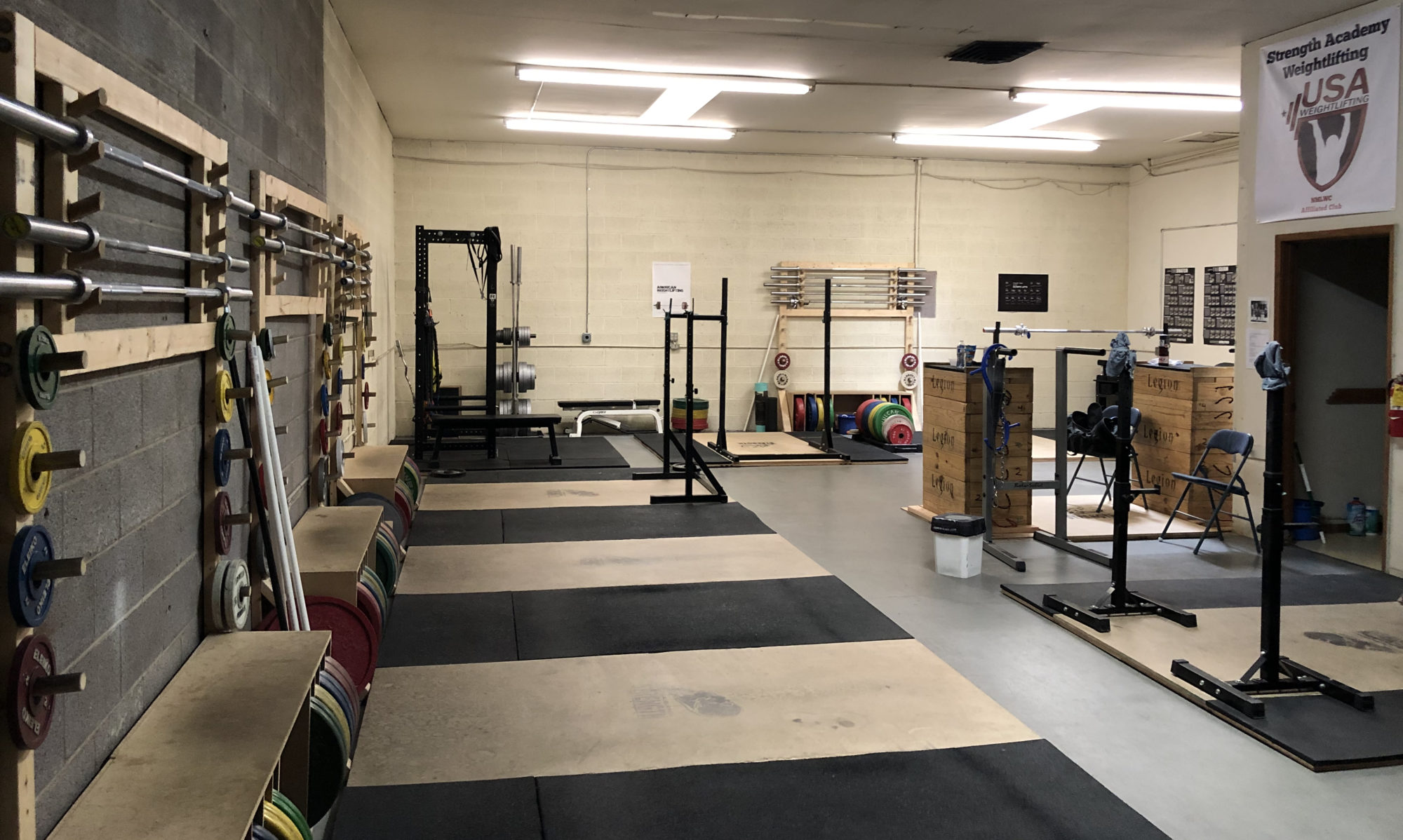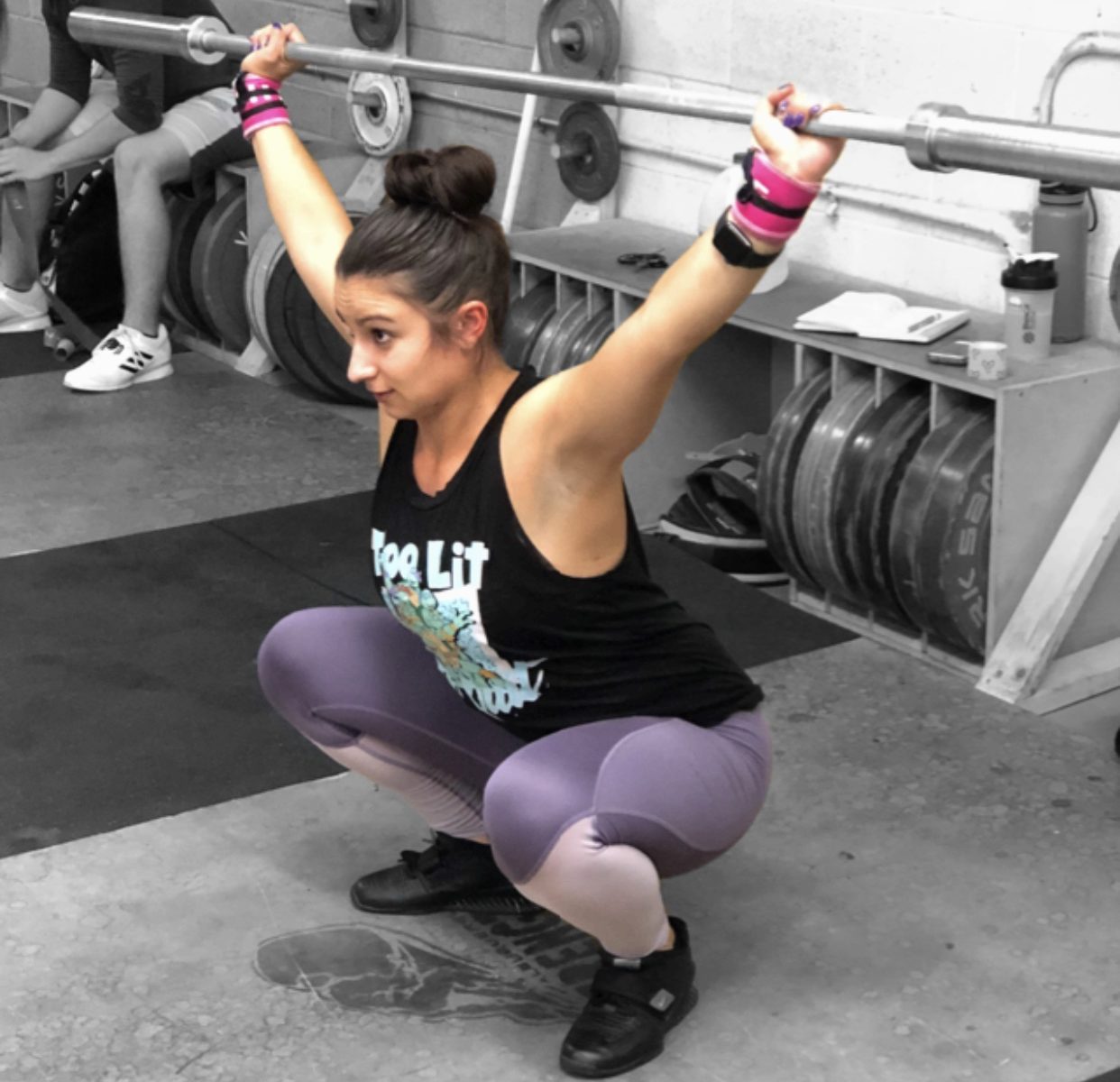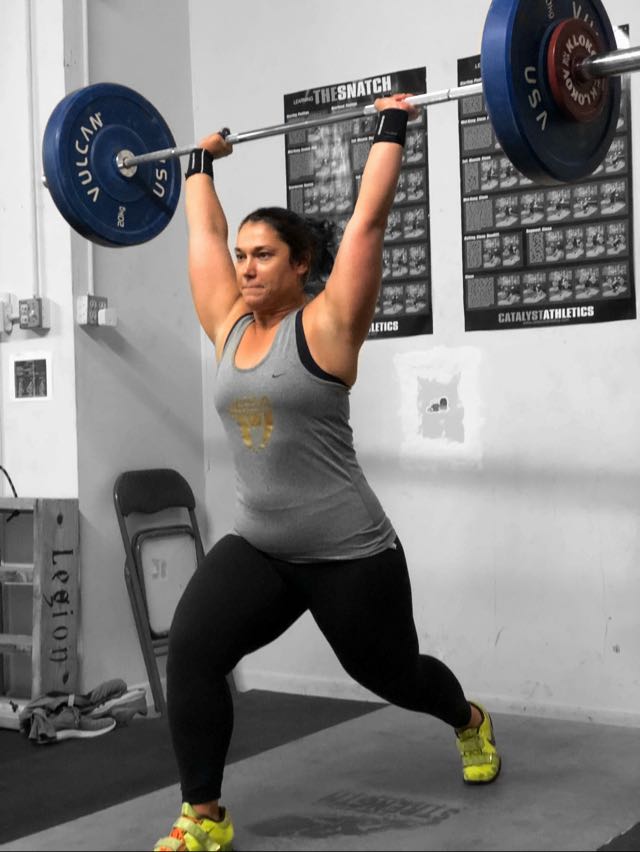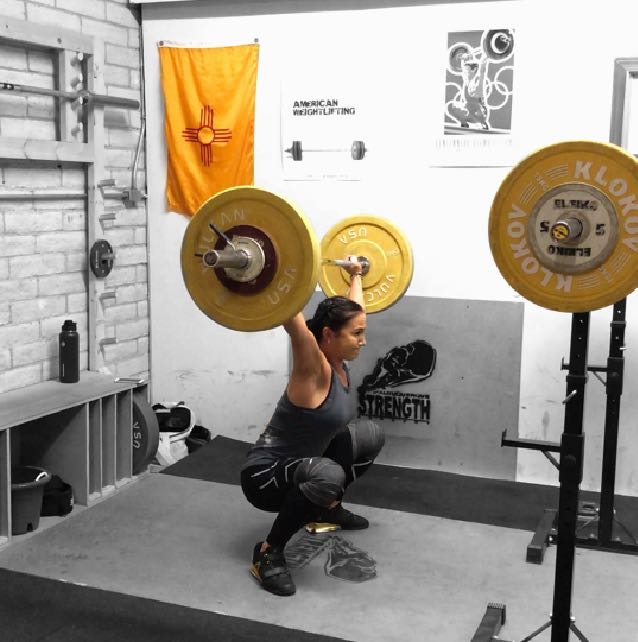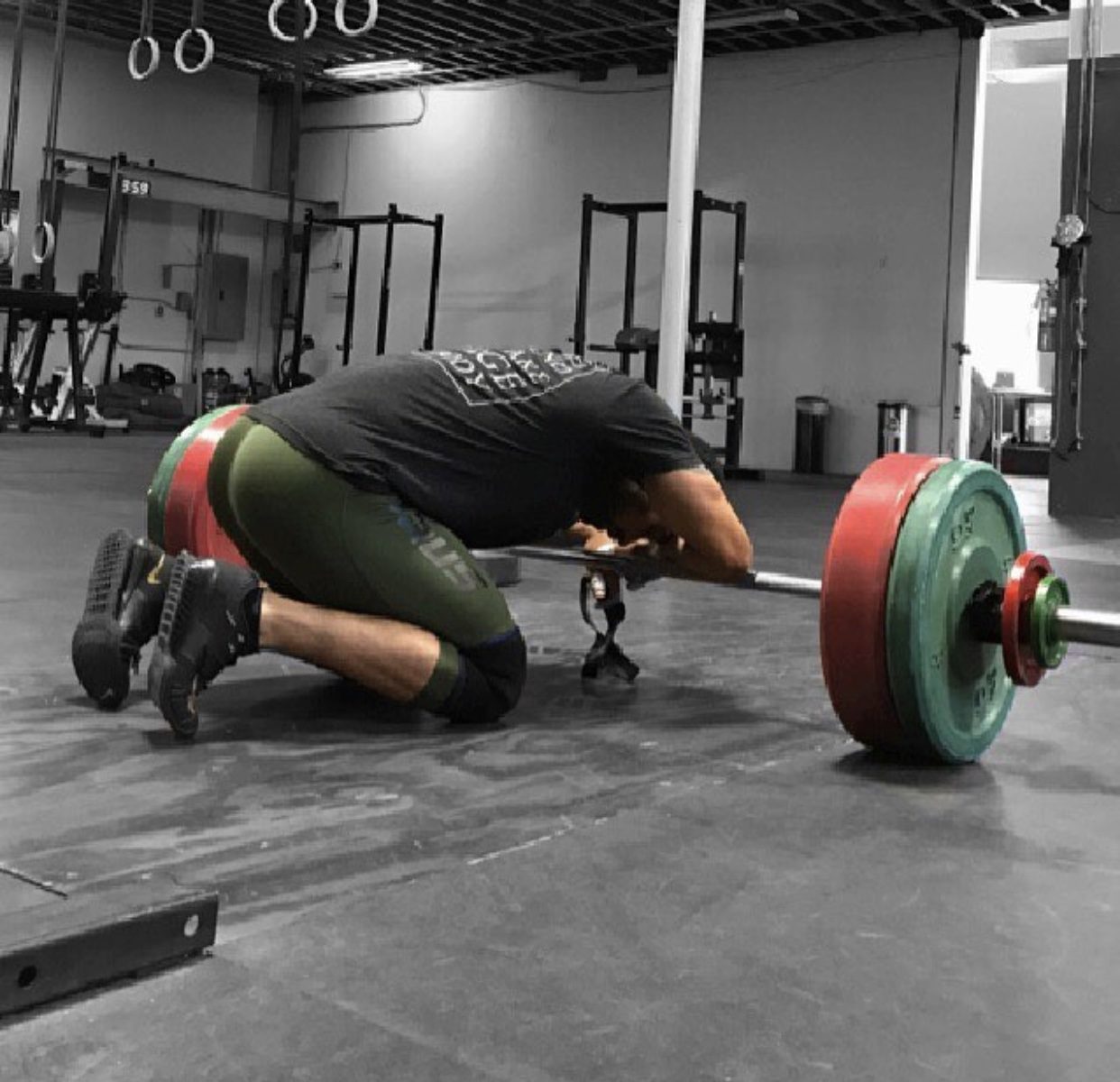Hello everybody! We’re back with “season two” of the blog, featuring 50% more metaphysics! Apologies for the hiatus on posting articles, I’ve been having a bit of a hard time getting words to paper. But I’m told the best way to write is to…write, so I’m back at it. We’ll be posting a couple of articles a month again, covering anything and everything that could be useful or interesting. Today’s article is something that preoccupies a decent amount of my attention, hope you find it interesting. If you have any comments feel free to reach out to us! Anyways, here it is.
Who’s Body is This?
We spend a lot of our time framing our training as a battle against the body, we are attempting to shape it and change it according to our whims. The body is the opponent. But is it really our body that needs overcoming? I believe that the sensation of living in one’s head, and operating the controls of the machine we call the body isn’t an accurate reflection of reality. The body and the mind are intertwined, you don’t operate your body, you are your body. I find it hard to rationalize any sort of true dualism, the mind and the body may feel disconnected, but there is nothing to say that this feeling is anything but subjective. I find this idea interesting for a couple of reasons. First, I find it fascinating that my first person experience doesn’t seem to have a rational explanation. Is it possible to find a feeling of unity between the mind and body? I don’t have any sort of answer here, but it’s interesting to think about. Second, it helps me in training to remember that I’m not fighting against my body, but that I am it, and it is capable of expressing my will. In this way I find myself finding more comfort and confidence in the positions required to lift, and really connecting to the experience of movement. In some ways you can think of training as integrating the movement into yourself, and becoming an expression of the ideal snatch. Knowing you have control can help with mental preparation and even allow you to relax into positions during mobility work and training.
There are several situations in which this distinction between self and body are broken down, one of which being a flow state. There are times when you are training or doing any sort of activity that is all encompassing that you can start to approach what feels like a pure experience of the moment, all attention is directed towards a task, and it is not divided. In these moments one can catch glimpses that it is not a mind controlling a body but an integrated system capable of single focus and pure experience and enjoyment. I think these states are what people find so fulfilling about physical training, it allows for a quieting of the illusion of the self and brings you back into being a part of the world, rather than something separate from it. Learning to connect and experience your body as you rather than something you own can be rather meditative. For instance often I’ll take walks and try to solely focus on the sensations of walking. Can I feel the action of my calves, quads, hamstrings? When the sensation is the sole focus I can often feel more connected to the world and have an easier time quieting rapid fire anxious thoughts.
I had an odd experience this week. For the first few days of this week nothing felt quite right, the only way I can describe it is that it felt like my body had turned off. Weights that were light a few days before felt heavy, I was sore in areas I hadn’t been, and was having trouble sleeping. Two days of this and workouts where I failed to achieve any close to ideal positions I was gifted my first migraine headache and had a fun morning trying not to vomit. All morning post migraine I felt at war with myself, even a heels elevated squat felt grueling, and I couldn’t maintain any sort of core tension. I decided to give warming up a go and spent a good amount of time doing some breath work (90/90 supine breathing) and over the course of 20 minutes, I felt good enough to take the bar. The first few sets were difficult but as I progressed I started to fall into a groove, I was waking up. I went on to hit some PR’s in the session and moved the weights better than I ever have. I was shocked the rest of the day that it felt like I had an entirely different body than six hours beforehand. Nothing had changed physically, bodies do change but not over the course of hours, all that had changed was me reintegrating and becoming all of myself through connecting physically. So much of what we perceive about the ready state of the body is actually under our control, integrate yourself and you’ll unlock better performance and peace of mind. You are your body, act accordingly.
“ ‘Body am I, And Soul’ – so saith the child. And why should one not speak like children? But the awakened one, the knowing one, saith: ‘Body am I entirely, and nothing more; and soul is only the name of something in the body.’ ” – Frendrich Nietzsche, Thus Spoke Zarathustra
